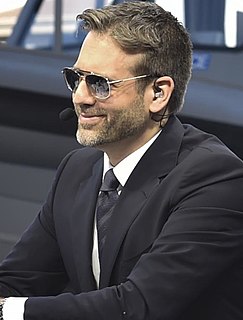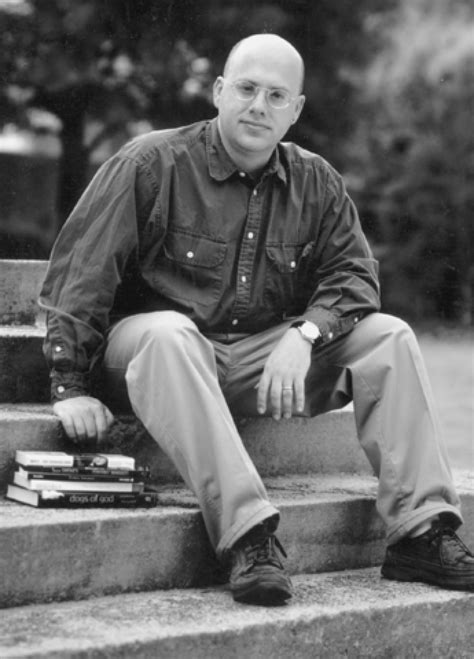A Quote by Karen Marie Moning
I realized early in my career that precisely what one reader doesn't like is what another reader loves. Collectively, any writer's audience presents a mishmash of expectations that can never all be met. What one-tenth of my readership may not be crazy about the other nine-tenths savors. The moment you start altering a book or a painting or any type of art as if it's a public collaborative, you crucify its soul. I'd rather irritate a few people and delight a lot than touch no one." ~ Karen Marie Moning
Quote Topics
About
Another
Any
Art
Audience
Book
Career
Collaborative
Collectively
Crazy
Delight
Early
Expectations
Few
Few People
I Realized
Irritate
Like
Lot
Loves
Marie
May
Met
Moment
Never
Nine
Other
Painting
People
Precisely
Presents
Public
Rather
Reader
Readership
Realized
Soul
Start
Tenth
Than
Touch
Type
Writer
Related Quotes
I'd like to emphasize that when a reader finishes a great novel, he will immediately begin looking for another. If someone loves your book, it increases the chance that he or she will look at mine. So there is no competition between writers. Another writer's success helps build a larger readership for all of us.
Every reader, as he reads, is actually the reader of himself. The writer's work is only a kind of optical instrument he provides the reader so he can discern what he might never have seen in himself without this book. The reader's recognition in himself of what the book says is the proof of the book's truth.
That underscored this idea that when we're reading a book or writing a book, you're in an act of co-creation. The reader and the writer are both trying to dress up and present their best selves and then there's that moment, when suddenly, as a reader, you're not exactly you anymore, and likewise, as a writer, you're not really you.
In my couple of books, including Going Clear, the book about Scientology, I thought it seemed appropriate at the end of the book to help the reader frame things. Because we've gone through the history, and there's likely conflictual feelings in the reader's mind. The reader may not agree with me, but I don't try to influence the reader's judgment. I know everybody who picks this book up already has a decided opinion. But my goal is to open the reader's mind a little bit to alternative narratives.
It is easier for the reader to judge, by a thousand times, than for the writer to invent. The writer must summon his Idea out of nowhere, and his characters out of nothing, and catch words as they fly, and nail them to the page. The reader has something to go by and somewhere to start from, given to him freely and with great generosity by the writer. And still the reader feels free to find fault.
You've got to be a good reader. So whatever genre that you're interested in, read a lot of books about it and it's better than any kind of writing class you'll ever take. You will absorb techniques and then in a lot of cases you can just start writing using the style of the book or the author that you admire and then your own style will emerge out of that. Be a diligent reader and then try to write seriously, professionally and approach everything in writing in a professional way.



































